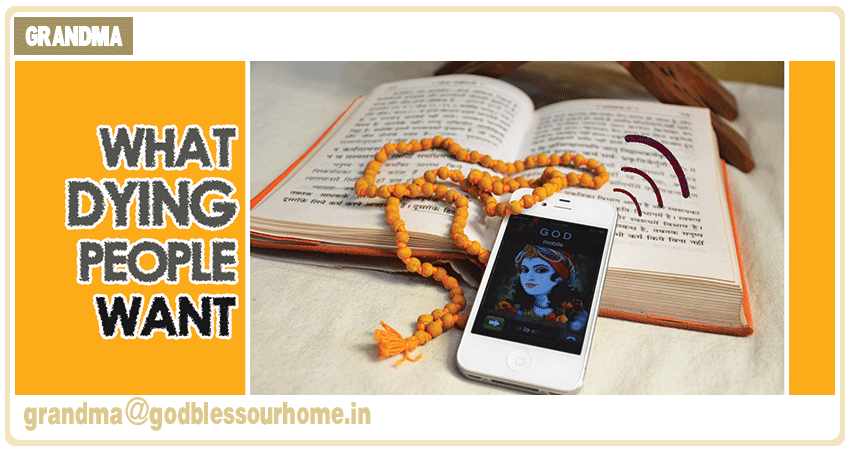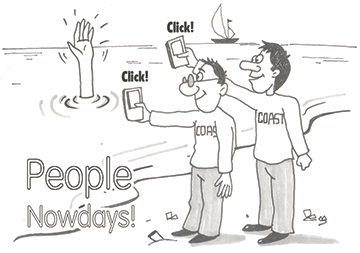

| Hospitals, clinics, and doctors’ offices can be confusing places. You can begin to feel you have no control over what is being done to you, and you may wonder if anyone really understands your case. This is where a close relative or family physician will come in. No doctor gets angry when a patient asks questions. However, be remember that no doctor, religious counselor, spouse, relative can 100% understand what you want and need. Do not let anyone bully you with their advise. Use your own reason. You must seek Second and Third Opinions about diseases and your medical condition! It will relieve your mind and resolve doubts that a major mistake has not been made. | ||||||||||||
|---|---|---|---|---|---|---|---|---|---|---|---|---|
Last time I went to hospital I was declared to be dying but I did not. So, I thought I would reflect on this experience for people of my age group. When we get old, people unknowingly remind us that we are going to die soon. Unsaid reminders are scary too. Here are my thoughts on what dying people want: First thing is to settle all emotional accounts with all those who've been hurt by you, betrayed and/or misled by you. Talk and settle all issues with your near and dear ones. Ask for forgiveness, ask them how the hurt may be healed. However, once you have opened this door for them. You cannot control what will happen. People choose to react in their own way, which could be surprising, offensive or even heart stirring! You should consider creating a video sharing your family history, personal history, achievements, your best memories, and your dreams for your family's future. It doesn't matter how bad you look, it is your voice they will love hearing. If possible write letters to all relatives and friends. Give your personal items away while your brain is still working. “Practical” items come next. Make a will, certain your financial affairs are in order as best possible. Check beneficiary/nominee designations on all your retirement plans and life insurance policies. If you are suffering from an incurable disease, you may want to know as much as possible about it. What is it? How will it affect? And very importantly, how will it cause my death? First, ask your physician. You may also read books on the subject which can give you a basic sense and understanding of your disease and dying process. What does a dying person feel? Doctors say that each person's death is unique, not everyone follows a predictable sequence of events or stages. However, some signs and symptoms are observable, knowing which can help ease physical pain and suffering. In general, there is a feeling of detachment from the physical world and a loss of interest in things formerly found pleasurable. There is a tendency to sleep more, less interest in food and less desire to talk. Visual or auditory hallucinations are often part of the dying experience. The appearance of family members or loved ones who have died is common and normal. The ability to swallow becomes impaired. Confusion, Restlessness, and Agitation are common. Changes in Breathing, Congestion in Lungs or Throat. There may be change in Skin Temperature and Color. When dealing with seriously ill patients - Always speak gently, and identify yourself before speaking. Use gentle touch and provide reassurance. Dying requires energy and focus. Try not to distract the dying person from this necessary preparation. Allow time for silence. Remember that you are supporting the person to “let go.” Do not judge or be critical of patient. Just be as silent and supportive as possible. Speak gently and lovingly, and use gentle reassuring. Touch to ease fear. |
Persons who are dying often want “Permission to die” from those they love. Often, they want to be assured of five things: Things they were once responsible for will be taken care of. The survivors will survive without them. All is forgiven. Their life had meaning. They will be remembered. Saying good-bye is not easy. Yet, it is important for the dying person and his/her loved ones to do so. Take advantage of opportunities when the person is awake and communicative to facilitate the “saying good-bye” process.
|
|||||||||||








